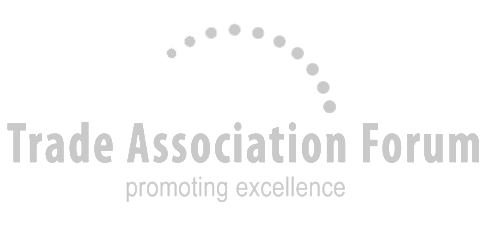Following recent news that HMRC is unravelling so called mini umbrella company (MUC) schemes, the Association of Recruitment Consultancies (ARC) warns its members of the risks of working with such schemes.
Adrian Marlowe, Chair of ARC, said “HMRC has made it clear in recent guidance that it considers certain types of mini umbrella schemes to be unlawful. As described, MUC schemes involve the systematic use of companies with sole directors, often based in the Philippines or other foreign jurisdictions, engaged to act as the employers of agency workers. Use of these companies allegedly facilitates tax avoidance in so far as the companies are able to take advantage of NICs and VAT concessions available to small start-up businesses in the UK. HMRC suggests that fraud is involved and that there have been a number of arrests made as a result.
Marlowe continued “however it is not clear exactly how agencies recommending the use of such schemes to their workers exposes the agency or its directors to liability, but the fact that these schemes exist is very worrying. Clearly where fraud is concerned the risk of involvement with some element of criminality should be a warning to all agencies to avoid such schemes.”
It would seem that in addition to tax avoidance, the schemes result in denial of employee rights if the companies are sham organisations based on fraud. “To avoid claims by agency workers all agencies should be concerned to ensure that their candidates are properly employed and paid where they are working with umbrella companies.” In the meantime, ARC is seeking further clarity from HMRC around the precise nature of tax liability that HMRC indicates involved agencies could face.
Marlowe continued “once again umbrella companies are in the spotlight, and one has to ask why there is such a prevalence of tax avoidance vehicles in the UK. Unlawful activity need not and should not be a part of our national employment makeup. Anecdotal evidence of the driver for this seems to be the conflict between rates that hirers are willing to pay and the rates that workers expect to receive. For example, some hirers and RPOs have agency margins pinned to almost impossibly low levels leaving them susceptible to exotic avoidance schemes that, on the face of it, appear legitimate yet obscure a multitude of sins. In this scenario the parties reaping the benefit are the hirers, some of whom appear to be public sector, RPOs who advise that unrealistic low margins are achievable, and the scheme providers – everyone else loses out.”
In conclusion, Marlowe argues that the only way forward to avoid the continuous barrage of allegation around umbrella companies is to regulate the sector and act on the tax rules much faster. “A good starting point would be to define what an umbrella company is and how it should lawfully operate. Until this is done these stories will continue to emerge. In this case it has apparently taken HMRC 6 years to do anything since the model first emerged – why so long? It is simply not right that the government should sit on the fence like this. Whilst HMRC may eventually stop the schemes, the real losers in the meantime are the candidates and the tax payer who will get little benefit from this action which is clearly too little too late. Urgent action is now required to stop the rot and set the tone for a cleaner employment environment, free from exploitation”.



